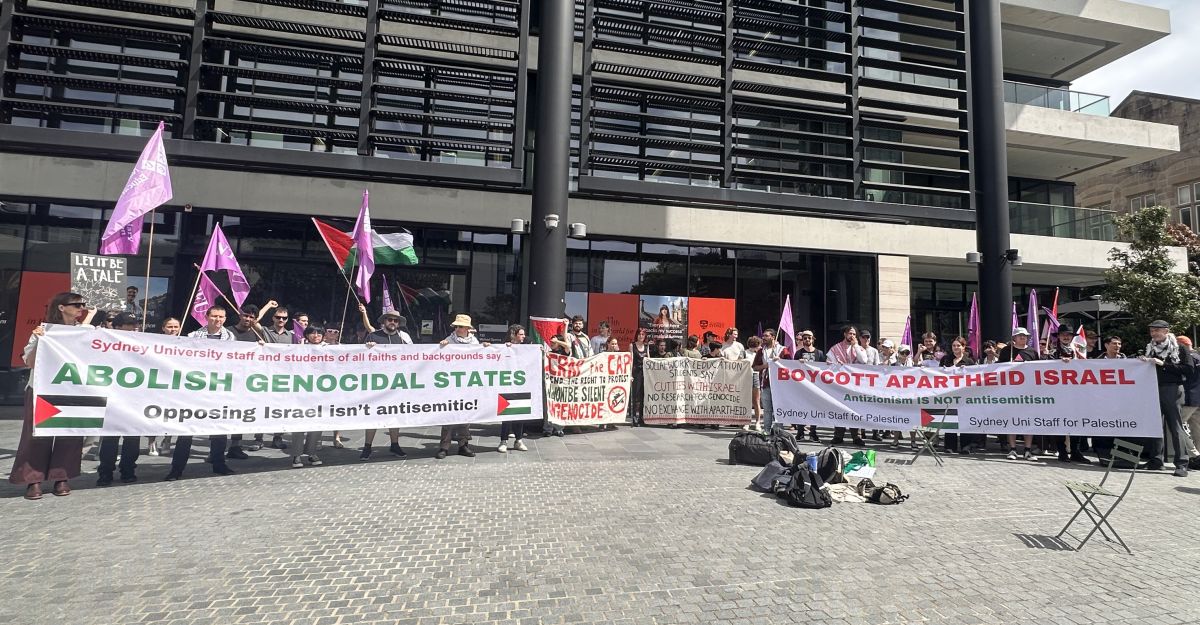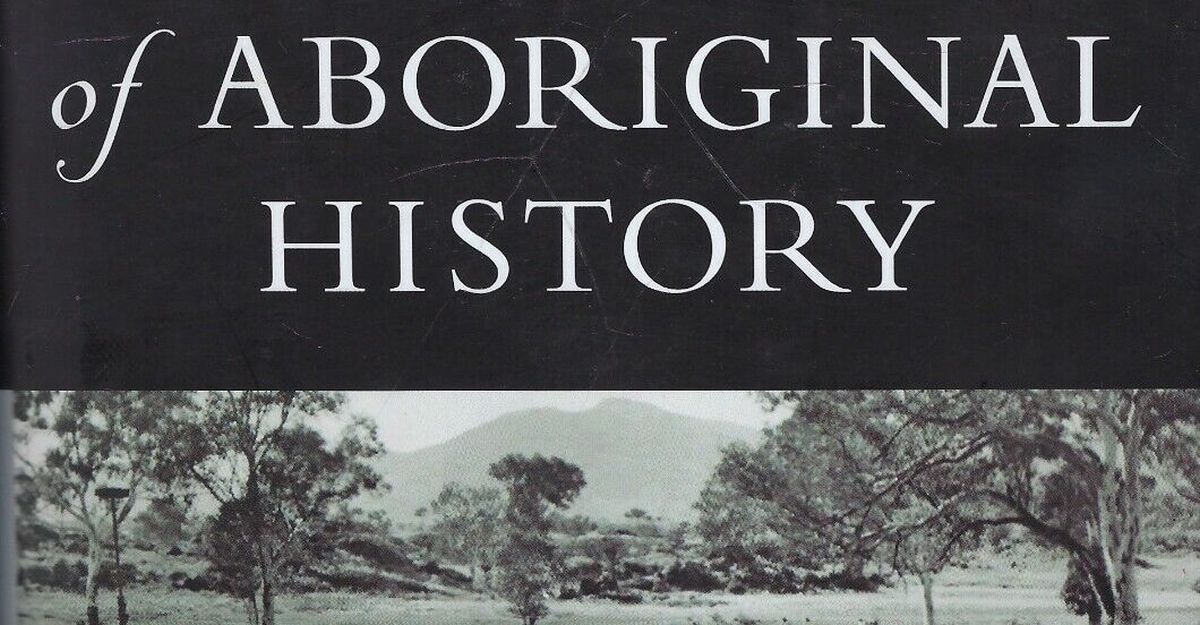‘Once upon a time, there was a first sentence. I wasn’t sure what to write after that.’ There isn’t a contributor here (or perhaps anywhere) who wouldn’t concur with Mel Campbell’s sentiment on beginnings.
All the columnists in this edition muse on startings and endings. How do we begin anything, asks Campbell. What if endings are no longer quite so … final, asks Giovanni Tiso.
Kestrels, disenfranchisement and the lives of dogs preoccupy Tony Birch. Alison Croggon remembers that when she was four, a witch flew out of her ear.
Often the process of assembling a magazine is an act of collage – seek out stories, poems and essays, arrange, rearrange, glue. Individual works reference each other, and the world external, too. We hope that these shapes, sounds and lines of imagery and contentions disrupt assumption, dichotomies and landscape, and make room for new permutations.
Because of Bella Li’s astonishing art works, I have been thinking a lot about collage. A magazine like Overland is not strictly collage, of course. We are not only ‘showing’ (hello, Walter Benjamin); our writers are making arguments about our histories and present.
Obviously, Li’s art would be impossible without the work of many other artists – a notion examined by Rebecca Giblin in her critique of copyright, fair use and the public good. AS considers artists too, in terms of their responsibilities in depicting precarity – as we enter an age where precarity is unlikely to end. This new age is something Elise Klein studies in detail in her case for a basic income.
Jessica Zibung and Nell Butler interrogate reactions to ‘otherness’, defined here as being mixed-race or homeless. There is also Joanna Horton’s provocative polemic against apologising for privilege – or health care.
Elsewhere, Carol Que documents a series of refugee rights protests at the NGV, which resulted in the gallery severing its ties to Wilson Security; the essay illustrates how critical organising will be in ending the detention industry.
Finally, from Australian colonialism to Israel’s approach to the desert, Barbara Bloch’s account of the Jewish National Fund’s decades-long attempts to grow forests in the Naqab/Negev, and thus erase any existence of the Bedouin people who reside there.




